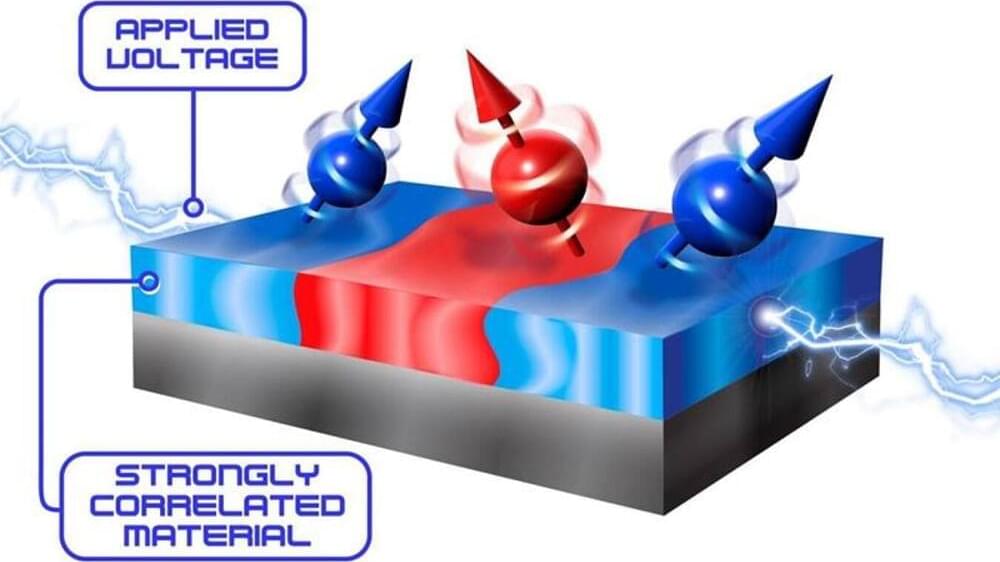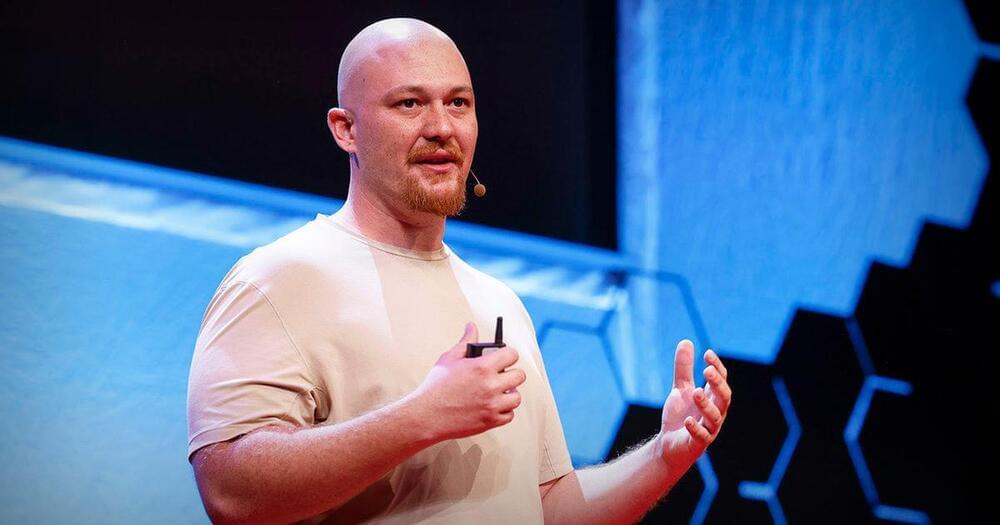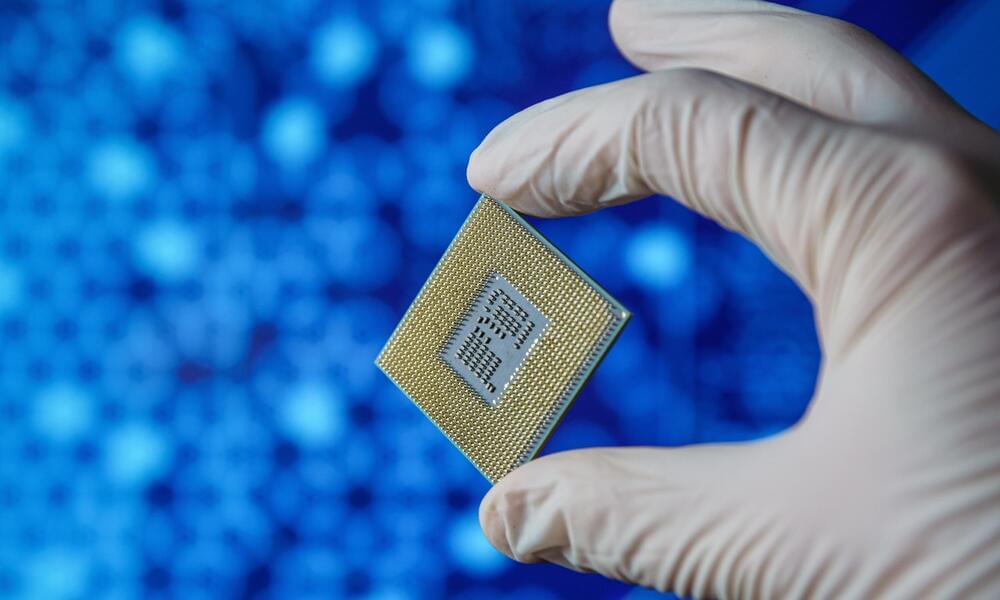UK researchers used special optical tweezers to attain quantum entanglement of molecules that could unlock multiple applications in quantum computing.
Get the latest international news and world events from around the world.


Tuning magnetism with voltage opens a new path to spintronic neuromorphic circuits
A team of researchers has discovered a new way to control the magnetic behavior of quantum materials using applied voltages. Specifically, the material lanthanum strontium manganite (LSMO), which is magnetic and metallic at low temperatures but non-magnetic and insulating when relatively warm, can be influenced by voltage.
The work is published in the journal Nano Letters.
Quantum materials like LSMO are materials that possess special properties because of the rules of quantum mechanics. Researchers discovered that applying voltage to LSMO in its magnetic phase causes the material to split into regions with distinct magnetic properties. The magnetic properties of these regions depend on the applied voltage. This is important because normally, magnetic properties don’t respond to voltage.


Rocket launch challenges Elon Musk’s space dominance
Jeff Bezos is back in the (astro) picture= hooray! [ https://www.bbc.co.uk/news/articles/cx24eg7z7zgo](https://www.bbc.co.uk/news/articles/cx24eg7z7zgo)
Amazon founder Jeff Bezos’s space company has blasted its first rocket into orbit in a bid to challenge the dominance of Elon Musk’s SpaceX.
The New Glenn rocket launched from Cape Canaveral Space Force Station in Florida at 02:02 local time (07:02 GMT).
It firmly pits the world’s two richest men against each other in a commercial space race, vying to fly bigger and more powerful rockets.

Replit CEO on AI breakthroughs: ‘We don’t care about professional coders anymore’
“We don’t care about professional coders anymore,” Masad said.
“Yet it has grown its revenue five-fold over the past six months, Masad said, thanks to a breakthrough in artificial-intelligence capabilities that enabled a new product called ” Agent,” a tool that can write a working software application with nothing but a natural language prompt.
Amjad Masad talks about their new AI developments that will allow anyone to code naturally.
2025: Agentic And Physical AI — A Multitrillion Dollar Economy Emerges
The age of agentic AI has arrived. Spanning the virtual and physical realms, we stand at a pivotal moment where human ingenuity will be amplified by intelligent machines. This convergence of agentic AI, intelligent software agents capable of independent learning. actions and tasks, with physical AI, encompassing robots and machines interacting with the physical world, is poised to fundamentally reshape the global economic landscape.
We are entering a new era where individuals and businesses will interact with and manage a network of AI agents.


